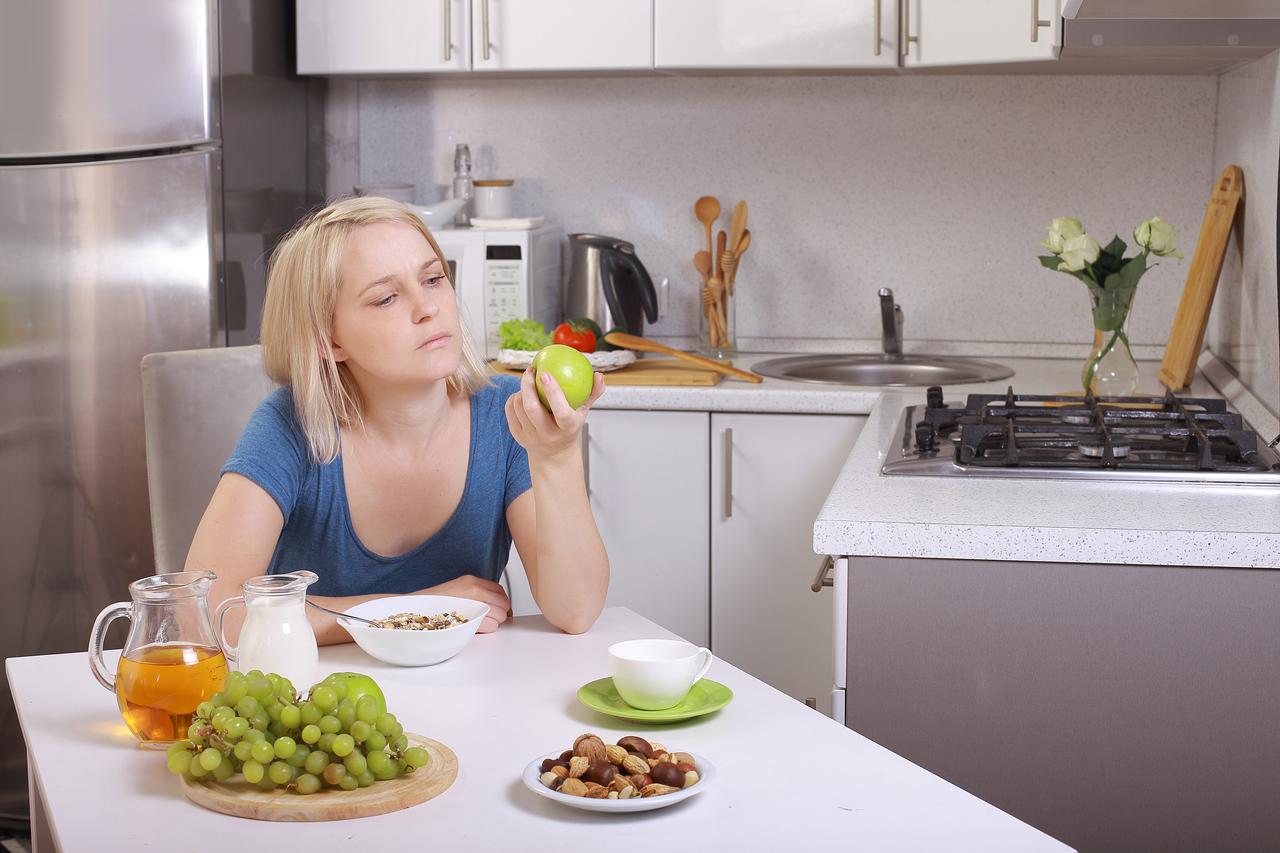When it comes to dieting, everyone seems to have advice, from your best friend to the barista who swears by a “kale-only” detox. But amidst the chatter, a lot of myths have crept in, and some of them might be holding you back more than helping. Let’s dive into some of the most common dieting myths and break down the facts—because sometimes, eating well is more about knowing the truth than counting calories!
Myth #1: Carbs Are the Enemy 🚫🥖
Ah, the poor, misunderstood carbohydrate. From bread to pasta, carbs have been unfairly demonized in recent years, with many dieters believing they must avoid all carbs to lose weight. But here’s the truth: not all carbs are created equal.
The Reality: Carbohydrates are your body’s primary energy source. Whole grains, fruits, and vegetables are complex carbs that provide fiber, vitamins, and long-lasting energy. The carbs you’ll want to watch out for are refined ones, like sugary drinks, candy, and pastries, which can spike blood sugar levels and lead to energy crashes.
Takeaway: Instead of cutting carbs entirely, focus on choosing complex carbs, like oats, quinoa, and sweet potatoes, to fuel your body sustainably. In fact, studies show that diets with balanced carbs, fats, and proteins can lead to long-term weight management and better health.
Myth #2: Eating After 8 PM Will Make You Gain Weight ⏰🥄
We’ve all heard the advice: “Don’t eat after 8 PM!” This myth makes late-night snacks sound like little gremlins that sit on your waistline. But is the timing really the problem?
The Reality: The issue isn’t the clock but rather what and how much you’re eating. Late-night snacking can lead to weight gain if it adds extra, unneeded calories to your day, especially if it’s junk food. But if you’re genuinely hungry, a nutritious snack won’t sabotage your goals. It’s more about the total daily calorie intake and nutrient quality than the timing.
Takeaway: Eating in the evening isn’t inherently bad, especially if you’ve had a light dinner or an early workout. Just keep it balanced—try a yogurt with berries or a handful of nuts instead of a large pizza or sugary snacks.
Myth #3: All Fats Are Fattening 🥑🧈
In the ‘90s, “fat-free” was everywhere, and people became terrified of anything containing fat. But the “all fat is bad” myth is one of the most persistent, and it’s keeping many from enjoying foods that are actually good for them.
The Reality: Your body needs healthy fats! Fats play a role in everything from nutrient absorption to hormone regulation. There are different types of fat: unsaturated fats (found in avocados, nuts, and olive oil) are beneficial for heart health, while trans fats (often in fried and processed foods) are best avoided. Moderation is key with all fats, but cutting them out completely can lead to nutrient deficiencies and cravings.
Takeaway: Embrace healthy fats. Avocados, olive oil, nuts, and fatty fish like salmon are all excellent choices. Studies show that balanced diets, including these fats, can improve heart health and even support weight loss by helping you feel fuller for longer.
Myth #4: You Can “Detox” Your Body with Certain Diets 🍋🌱
Detox diets are everywhere, claiming to cleanse your body and “flush out toxins” with specific foods, drinks, or fasting protocols. But does drinking lemon juice and cayenne really work as advertised?
The Reality: Your body already has a natural detoxification system—your liver, kidneys, and digestive tract. These organs work constantly to eliminate waste and toxins. While some detox diets are rich in fruits and vegetables (which is great), there’s no scientific basis for the idea that they can magically “cleanse” your body. In fact, extreme detoxes can lead to nutrient deficiencies and energy crashes.
Takeaway: Instead of drastic detoxes, focus on a balanced diet rich in fruits, vegetables, and water to support your body’s natural detox systems. If you’re feeling sluggish, it’s probably more effective to cut back on processed foods and sugar than to go on a liquid diet.
Myth #5: More Exercise Means More Weight Loss 🏋️♀️💪
If working out a little is good, working out a lot must be great for weight loss, right? Not quite. Over-exercising is a common mistake among dieters who think more sweat means faster results.
The Reality: Exercise is essential for health, but weight loss relies more on calorie balance than just burning as many calories as possible. Overdoing it can lead to burnout, injuries, and stress, which can actually slow down weight loss. A sustainable routine that combines strength training, cardio, and rest days is much more effective.
Takeaway: Balance your workouts with proper rest, and focus on a diet that supports your goals. Weight loss is about creating a manageable calorie deficit, not exhausting yourself with endless exercise.
Wrapping It Up: Smart Choices Over Dieting Trends
Dieting doesn’t have to mean restricting yourself or falling for trendy myths. In fact, a sustainable approach rooted in balance, variety, and enjoyment is often the key to lasting success. By understanding the truth behind these myths, you can make smarter food choices that work for you, helping you feel satisfied, energized, and healthy—without the need for magic “detoxes” or avoiding foods you love.
Key References
1. Hall, K. D., et al. (2012). Effect of diet composition on energy expenditure during weight-loss maintenance. American Journal of Clinical Nutrition, 95(3), 614–625.
2. Johnston, B. C., et al. (2014). Comparison of weight loss among named diet programs in overweight and obese adults. JAMA, 312(9), 923–933.
3. Sacks, F. M., et al. (2009). Comparison of weight-loss diets with different compositions of fat, protein, and carbohydrates. New England Journal of Medicine, 360(9), 859–873.
Meet Fitnexa, your AI-driven companion that turns everyday habits into a positive, uplifting journey. From effortless meal analysis (including recipe suggestions) to personalized coaching and real-time support, Fitnexa keeps you on track toward lasting wellness — so you can stay younger, live longer.
https://apple.co/4hr8JGW








Leave a comment
This site is protected by hCaptcha and the hCaptcha Privacy Policy and Terms of Service apply.